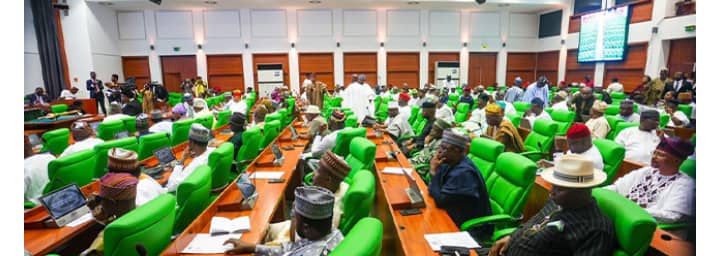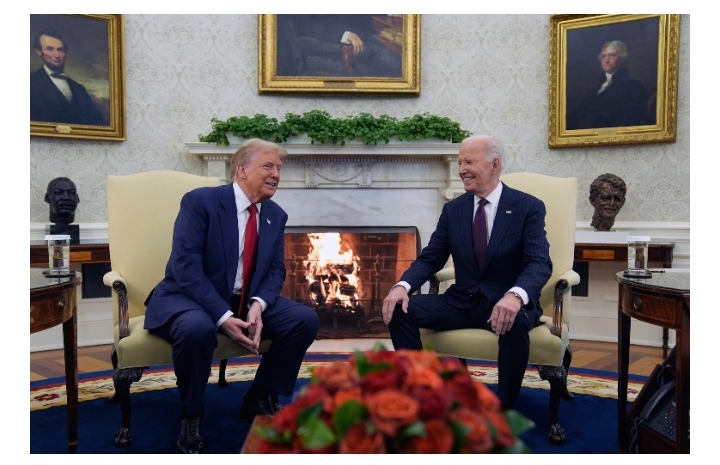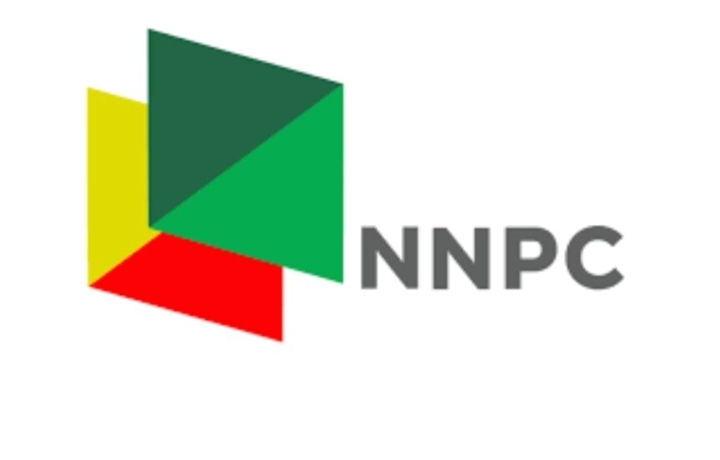President Tinubu Gives Green Light to Presidential Compressed Natural Gas Initiative in Nigeria
In a significant move to promote sustainable energy solutions in Nigeria, President Bola Tinubu has given his approval for the establishment of the Presidential Compressed Natural Gas Initiative (PCNGI). This initiative aims to boost the adoption of Compressed Natural Gas (CNG) as an alternative fuel source for vehicles in the country. With a target of introducing 11,500 new CNG-enabled vehicles and providing 55,000 CNG-conversion kits for existing vehicles, the PCNGI holds the potential to revolutionize Nigeria’s transportation sector.
The Benefits of Compressed Natural Gas:
Compressed Natural Gas is gaining recognition worldwide as a cleaner and more environmentally friendly alternative to traditional fossil fuels. It is a natural gas that has been compressed to occupy less space, making it easier to store and transport. Compared to gasoline or diesel, CNG significantly reduces harmful emissions such as carbon dioxide, nitrogen oxides, and particulate matter. By switching to CNG, Nigeria can contribute to reducing air pollution and combatting climate change.
Advancing Nigeria’s Energy Transition:
President Tinubu’s approval of the PCNGI demonstrates his commitment to driving Nigeria’s energy transition and reducing the country’s dependence on conventional fuels. With abundant natural gas reserves, Nigeria has the potential to leverage this resource for its economic and environmental benefits. By encouraging the use of CNG in vehicles, the initiative aims to create a cleaner and more sustainable transportation system, aligning with global efforts to achieve carbon neutrality.
Boosting the Automotive Industry:
The PCNGI not only has significant environmental advantages but also presents opportunities for the automotive industry in Nigeria. The establishment of CNG infrastructure, including refueling stations across the country, will create new avenues for investment and job creation. Moreover, the increased demand for CNG-enabled vehicles and conversion kits will stimulate local manufacturing and assembly, driving economic growth in the automotive sector.
Collaboration and Partnerships:
To ensure the successful implementation of the PCNGI, collaboration between the government, private sector, and other stakeholders will be crucial. Public-private partnerships can play a pivotal role in developing the necessary infrastructure, including CNG refueling stations, and facilitating the adoption of CNG technology. Additionally, engaging with international organizations and experts in the field can provide valuable insights and best practices for a seamless transition to CNG.
President Tinubu’s approval of the Presidential Compressed Natural Gas Initiative marks a significant step forward in Nigeria’s pursuit of sustainable energy solutions. By promoting the use of CNG in vehicles, Nigeria can reduce harmful emissions, mitigate air pollution, and contribute to global efforts in combating climate change. The initiative also presents opportunities for economic growth, job creation, and technological advancements within the automotive industry. With collaborative efforts and strategic partnerships, the PCNGI has the potential to transform Nigeria’s transportation sector and pave the way for a greener and more sustainable future.







